#15: Getting comfortable with oneself
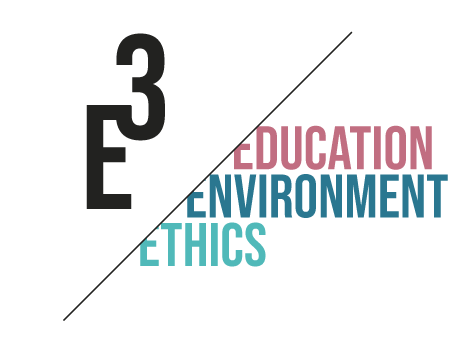
Hello friend,
I began this tiny newsletter six months ago to create a space to share beautiful, awe-awakening, through provocative and enlarging content that I stumble upon. It has now grown to become a bi-weekly reminder to myself to stay curious and open: curious for new sources of insights, and open about what I find and what it awakes within me. And I hope you know that whenever you take a moment to share with me your thoughts or reflections on 3E it brings me immense joy - thank you for connecting back, knowing that I do not speak to an empty void gives me so much energy!
This is the last 3E for this year, and having spent a fair bit alone at home the past weeks have blissed me with the opportunity to catch up on reading, digest documentaries and reflect - and no, not simply because it is a new year is knocking on the door, but very much because I had to remind myself how to spend time with myself. I must have forgotten a bit of this as it was initially quite uncomfortable. But slowly and steadily I find peace in silence (those who know me, know very well how uncomfortable I am with silence..). So, to wrap up the 2020-edition of 3E, here comes 3 resources that knocked on my inner door to remind me of me:
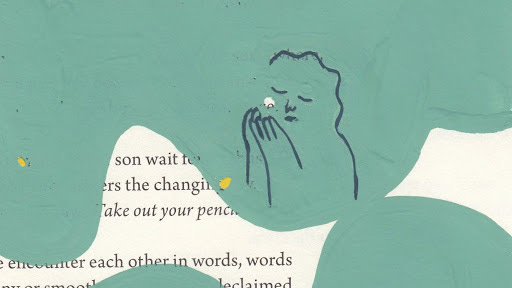
What: How do you learn? A question that has fascinated me for a few years. I truly believe that the best learning takes place outside of the classroom. And for the past 2-3 years one of my favourite learning channels has been the On Being podcast. I would have never encountered so fascinating and empowering stories if it had not been for Krista Tippet's interviews with people like Derek Black and Matthew Stevenson and their story on befriending racial disagreement, to David Whyte and his lens on nature of reality. No other podcast is so rich on perspectives and unsung heroes! Please also visit the website that hosts guides on civil conversations, healing and poetry.
Why it matters to me: One of the biggest personal challenges during the on-going pandemic has been the loss of space to listen to podcasts. I have a habit to listen to On Being while getting ready to head for office, in the subway or gym. But these spaces of "listening" has been abruptly changed for me, and so has the habit of tuning into podcast that enrich my soul. So whenever I see an opportunity to give focus to my ears, the first podcast I click on is always On Being - I hope you will also enjoy this treasure!
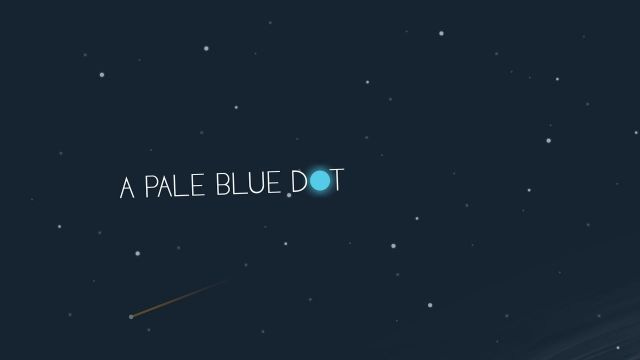
What: "It has been said that astronomy is a humbling and character-building experience.." Have you heard Carl Sagan's crisp speech on Earth? I tune into this 4 minute video from time to time to remind myself that: humanity is small and nature is large. There are many short videos on Sagan's famous speech, but the one in the hyperlink, albeit a bit cheesy, is my favourite as it captures moments of human moments collectively shared on one planet: our home, the Earth. The Pale Blue Dot makes one feels less lonely on Planet Earth, as we float together in the void.
Why it matters to me: Are you a biophile? I sure am! Biophilia points at the human innate tendency to seek connection with nature and other form of life. A sort of "inloven-ess" with nature. I am a biophile as nothing else brings me so much joy, wonder, humbleness and gratitude as nature. It take one simple walk in the forest to feed by endorphins. Carl Sagan's extract on Earth is a wonderful reminder to keep focus on the right track: environment and sustainability IS the most important focus - nothing can thrive on a dead pale blue dot...
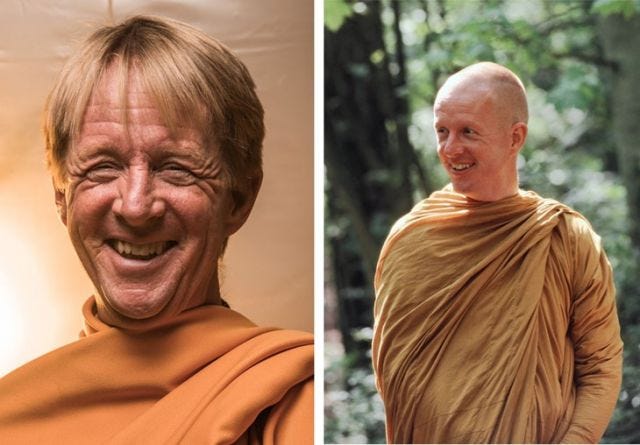
Jag kan ha fel / I could be wrong - Björn Natthiko Lindeblad
What: It was this summer that I learned about Björn Natthiko Lindeblad and his story of living 17 years as a forrest monk, many of these spent in Thailand. Let me share a few quotes from the book to give you a hint on the topics he touches upon "The most important lesson after living 17 years as a monk, is to not believe everything I think", "I could be wrong", "Thoughts only nutrition is attention", or "I have thoughts, but I am not my thoughts". The book is currently only available in Swedish, but you can watch his English lecture here, or why not read Phra Farang by Phra Peter Pannapadipo, who has contributed a great deal in showing the front and backyard of Thai buddhism to the outside World.
Why it matters to me: There are plenty of books of Western men that become Thai Buddhist monks, and I tend to avoid these - perhaps out of fear of being provoked, fear of simplifications or romanticization.. I am not quite sure. But what I do know is that once I am convinced to read these stories I dive very deeply into my own experiences in Thailand - from fascinations to frustrations. I owe Thailand so much, a country which I hold dearly, speak the language and fell very deeply in love with. Having read Lindeblad's book brought me back to 2006, when I went to Thailand first time and lived in a small village for 3 months. Until today, I dare to say those 3 months were the best of my life. Thailand save me, opened up so many doors, and totally transformed me. I was showered in gratitude while reading the book - which became not only a book of his experience, but also a much-needed reminder to myself of the roots of my being.
Love,
Nathalie
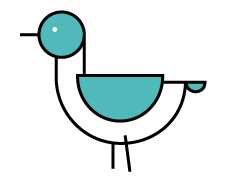
Did you know...
... slime mould is a single-cell organism that has neither brain nor neurons but is considered highly intelligent. Slim mould is fascinating researchers with its highly efficient and communicative approach to identify best paths forward, not wasting energy and collaborating across its single-cell entity. Slim mould thinks, recalls time, effectively makes choices - and we have a great deal to learn from its efficiency. Have a look at how slim mould was used to cross-check the efficiency of Tokyo's subway structure here. Also check out The Creeping Garden, a documentary on the intelligence of slim moulds.

